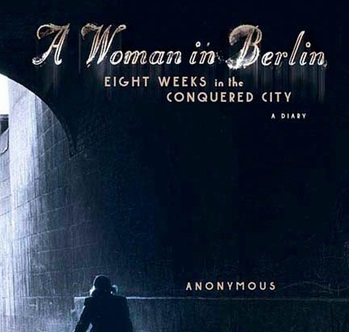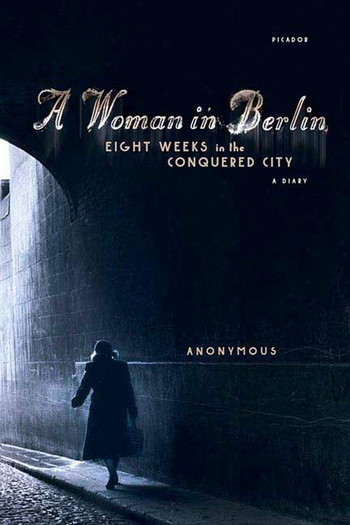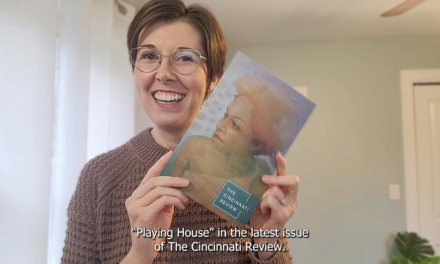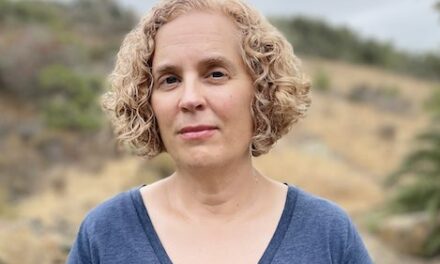Each spring and fall when we mail out an issue of the magazine, we invite contributors to share something about their work in our pages, here on our blog. For Issue 18.1, just mailed out last month, our first contributor of a blog post is Hugh Martin. His essay “See the Lady” (read an excerpt here) was sparked in part by a book he discovered that made him resee some of his own experiences:
Hugh Martin: “The words used to describe and define war are among the tiredest in any language,” writes Jill Lepore in The Name of War: King Philip’s War and the Origins of American Identity. “‘Bloody,’ ‘brutal,’ ‘cruel,’ ‘savage,’ ‘atrocious’—all are overused and imprecise.” Although I couldn’t articulate it at the time, I felt suspicious about this kind of language when I came home from a war as a twenty-one-year-old.
By reading, not surprisingly, I gradually learned that one way to interrogate and understand my experience was through an attention to language. In paying attention to how language was used, or misused, I could begin to think more deeply and holistically about the experience. I’d thought for a long time about the cadences we sang and knew by heart during Basic Training in 2002. The casual misogyny. The flippant sexism. By honing in on certain cadences, as I do in “See The Lady,” I tried not only to explore how heterosexual male military “communities” were built on shared prejudice and chauvinism but also to expand this lens into the other facets of war which I had ignored or overlooked: the lives of civilians, specifically civilian women I had encountered on a daily basis.
There is no way to calculate how books will affect us. Timing. Serendipity. Chance. When I discovered A Woman in Berlin, after stumbling into an allusion from a Robert Hass poem in 2013, I didn’t anticipate how a German woman’s diaries from 1945 would help a twentysomething American boy from Ohio see himself more clearly. During my first read of the book, translated by Philip Boehm, I didn’t consider the complicated relationship between the voice on the page and the life of the author. In short, the woman—who chose to remain anonymous—survived the mass rapes in 1945 by Soviet occupiers but also wrote propaganda for the Third Reich. She had the “dual history,” Elizabeth Heineman explains, “of contributing to the Nazi state and suffering rape upon its defeat.” Atina Grossman states that the book “challenges our understandings of both the victimization caused by, and inflicted on, German women as the Nazi empire collapsed.”
While I took much from the historical content, what brought me in, again, was the language: the voice so precise, direct, unapologetic—free from that “tired” language Lepore mentions. Grossman characterizes the voice as having an “unsentimental directness” and an “insistently matter-of-fact tone, laconic, resigned, but determined to endure.”
This woman brought me in to that world in 1945 Berlin through first-person narration. She fights daily by risking her life to get water and food. She hides and huddles with neighbors during bombings. And she also, most significantly, fights off male soldiers or protects herself by taking up with them. “Prostitutional relationships” is the phrase Heineman uses to describe the author taking up with higher-ranking Red Army officers in exchange for protection. At the time, I’d never read such an in-depth and candid book documenting civilian suffering and wartime rape. While the book is absolutely about those words Lepore uses—“cruel,” “savage,” “atrocious”—the author’s writing pushes beyond that tidy and simplistic language.
For example, early in the book “a trunk-sized bomb” lands on the roof of the woman’s apartment building. As more shells fall, the woman and a few others rush up the stairs to grab what possessions they can. Blown radiators shoot water across the carpets and floors while she uses a dustpan to scoop the water and dump it out the windows. Glass shatters from more bombs, and the residents eventually take what they can and head down to the safety of the basement. The woman considers this situation, terrifying as it is, and how she manages to deal with it, much like she deals with the constant attacks from soldiers:
I now know one thing: in the heat of battle, in the thick of the action, you don’t think—you don’t even feel afraid because you’re so distracted and absorbed. . . . In any case I have to rethink my ideas about heroism and courage under fire. . . . Once you’ve taken the first step, you just keep charging ahead.
These lines about heroism and courage made me think about how these words are so often tossed around in blanket statements about soldiers fighting in wars. This particular scene occurs after so many moments of soldiers rushing into the author’s apartment attacking her and other women. These are the scenes that made me think more about how I, covered in gear and guns, had rushed into Iraqi women’s homes with little thought about how it had affected them.
The woman describes so much of the tension and fear involving the silence and waiting between the soldiers entering and the ensuing assaults. After one soldier rapes the woman and leaves her a pack of cigarettes—her “pay,” she sarcastically writes—it’s a late afternoon on a Saturday. The woman explains, without pity, how her survival and the survival of her neighbors depends on her. After the man leaves, she explains, “as soon as I am able to move again, I grab a bucket and drag myself down the stairs and out into the street.” While reading this scene, I questioned myself: had I been in her shoes, what would I do? Reading this, I realized that I also needed to “rethink my ideas about heroism and courage under fire.”
Hugh Martin is a veteran of the Iraq War and the author of the poetry collections In Country (BOA Editions, 2018) and The Stick Soldiers (BOA Editions, 2013). He is currently at work on a collection of essays interrogating how the military-industrial complex shapes discourses of masculinity, remembrance, and veteran identity.





![Katie Berta on Her Poem “[To be a child again.]”](https://www.cincinnatireview.com/wp-content/uploads/2022/12/Berta-house-440x264.jpg)






